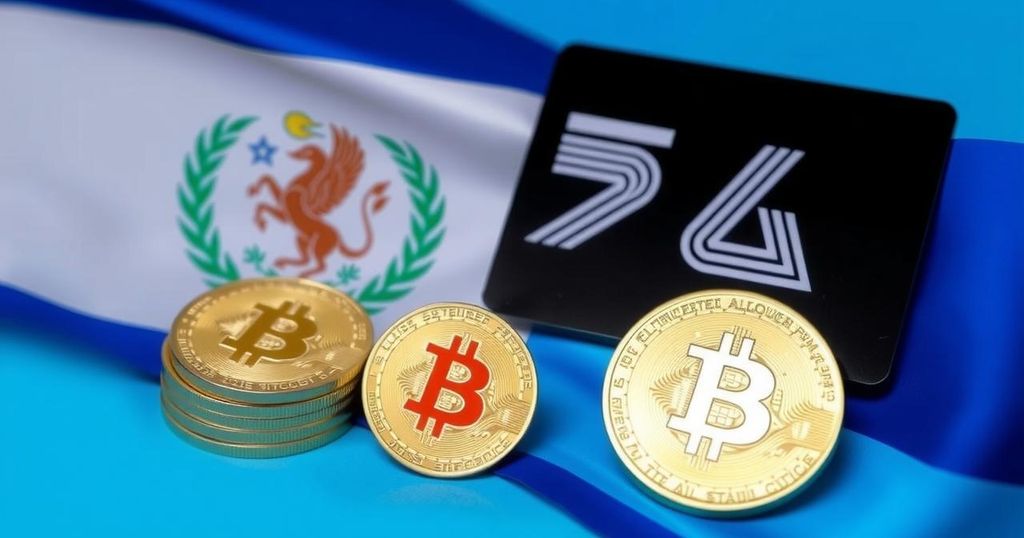El Salvador intends to privatize or shut down the Chivo cryptocurrency wallet initiated by President Bukele after the country secured a $1.4 billion IMF loan. While bitcoin remains legal tender, public participation is low, with a survey indicating that approximately 88 percent of Salvadorans did not use bitcoin in 2023. The government plans to continue purchasing bitcoin to bolster its Strategic Bitcoin Reserve.
El Salvador’s government has announced plans to either privatize or discontinue the cryptocurrency wallet known as Chivo, which was introduced by President Nayib Bukele following the legalization of bitcoin as tender in 2021. This revelation surfaced alongside the country securing a $1.4 billion loan from the International Monetary Fund, part of which seeks to address the risks associated with its adoption of cryptocurrency. Although bitcoin will continue to hold legal status within the nation, the future of the Chivo wallet remains uncertain, with the director of Bukele’s National Bitcoin Office indicating a possible sale or closure. Moreover, El Salvador plans to enhance its Strategic Bitcoin Reserve by continuing to purchase bitcoin, albeit the IMF stipulates that engagement with bitcoin in the private sector will be voluntary and the public sector’s involvement will be more restricted. The nation, recognized as the first to accept bitcoin as legal currency, has seen a considerable lack of public engagement, with a significant portion of the population refraining from using bitcoin despite its legal status.
In September 2021, El Salvador became the first nation globally to adopt bitcoin as legal tender. This ambitious move was intended to stimulate the economy, which heavily relies on remittances and dollars. The introduction of the Chivo wallet was a key component of this initiative, designed to facilitate seamless transactions in bitcoin within El Salvador. However, the apparent disconnect between the government’s vision and public adoption, as evidenced by the low usage rates of the Chivo wallet, has raised questions about the sustainability and acceptance of cryptocurrency in the country. The recent loan agreement with the IMF indicates a potential pivot in the government’s approach towards managing cryptocurrency risk while still holding bitcoin in its reserves.
In conclusion, the trajectory of El Salvador’s foray into cryptocurrency is currently under reevaluation as the government moves to privatize or close the Chivo wallet amidst mixed public reception. Although El Salvador maintains its status as the first country to legalize bitcoin, the low adoption rates among citizens pose challenges to this initiative. The recent engagement with the IMF signifies a step back from the initial exuberance surrounding bitcoin, suggesting a more cautious approach to future economic activities involving crypto assets.
Original Source: ticotimes.net







